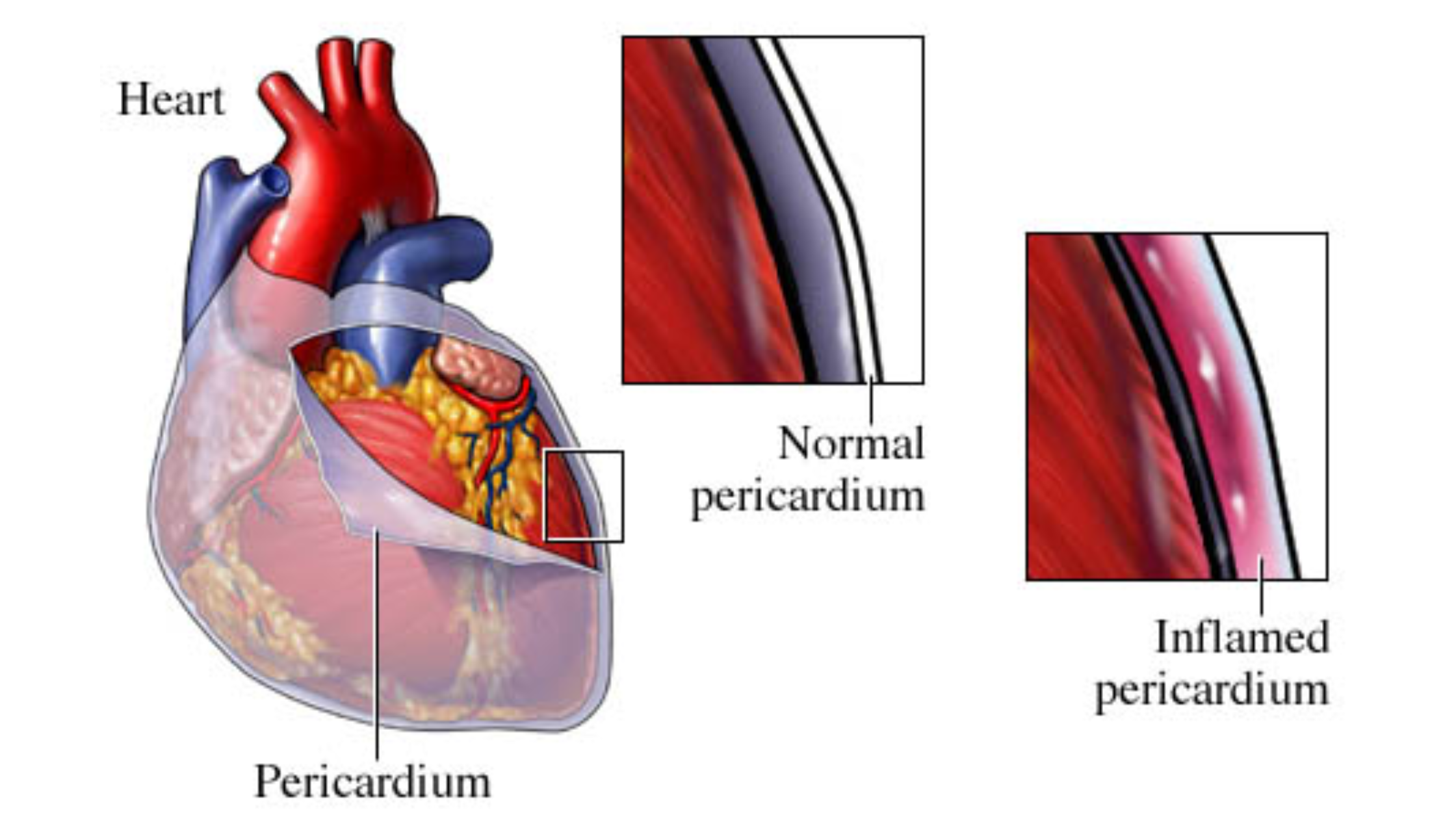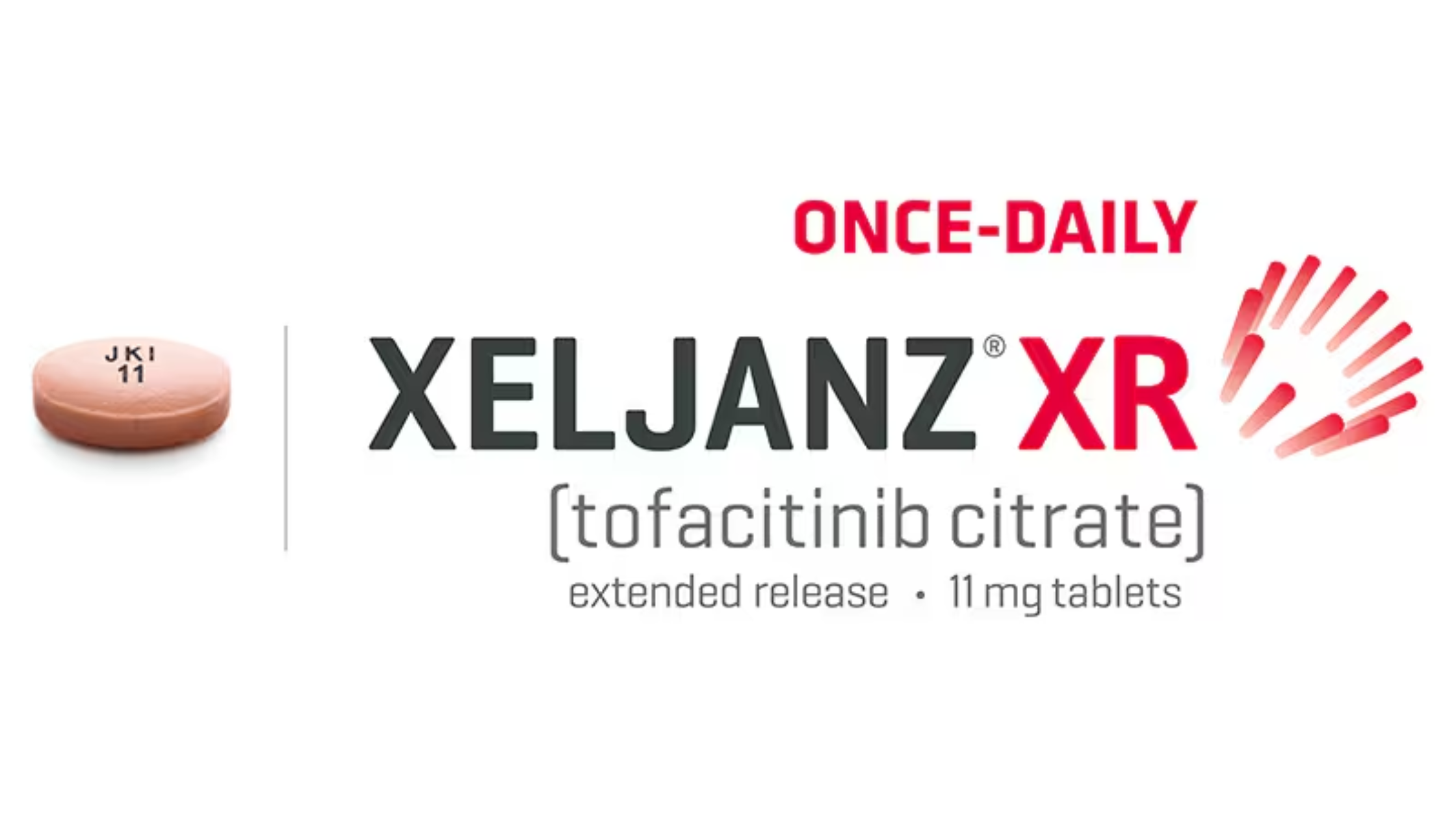In this piece of writing, you will discover effective solutions for managing pleurisy and pneumonia pain. This comprehensive guide provides in-depth information on symptoms, causes, treatments, and how to find relief. Learn how to tackle these conditions and their pain effectively.
Pleurisy and pneumonia pain can be both distressing and debilitating, impacting your daily life significantly. If you’re struggling with these conditions, you’re not alone. In this detailed guide, I’ll walk you through the symptoms, causes, and the most effective treatments available. Plus, I’ll share insights into how you can find relief from the pain associated with pleurisy and pneumonia. With a focus on actionable solutions and a deep dive into the subject, this article aims to provide you with the knowledge and tools you need to manage and alleviate these painful conditions.
Pleurisy and Pneumonia Together
Pleurisy is an inflammation of the pleura, the double-layered membrane surrounding the lungs. It often results in sharp, stabbing chest pain that worsens with breathing or coughing. Pneumonia, on the other hand, is an infection of the lungs that causes inflammation and fluid buildup, leading to symptoms such as cough, fever, and difficulty breathing. Both conditions can cause significant chest pain, but their underlying causes and treatments can differ.
Pleurisy Symptoms and Causes
Pleurisy is characterized by:
- Sharp Chest Pain: Pain typically sharpens with deep breaths, coughing, or sneezing.
- Pain Relief with Shallow Breathing: Patients may breathe shallowly to avoid the pain.
- Pleural Friction Rub: A grating sound heard with a stethoscope, caused by the inflamed pleural layers rubbing against each other.
Causes of Pleurisy can include:
- Viral Infections: Often, pleurisy is caused by viruses like the influenza virus.
- Bacterial Infections: Bacteria can also lead to pleurisy, often in conjunction with pneumonia.
- Autoimmune Disorders: Conditions like lupus or rheumatoid arthritis can cause pleurisy.
- Injury or Trauma: Any injury to the chest can trigger pleurisy.
Pneumonia Symptoms and Causes
Pneumonia symptoms typically include:
- Persistent Cough: Often producing phlegm or mucus.
- Fever and Chills: Common indicators of infection.
- Shortness of Breath: Difficulty breathing or rapid breathing.
- Chest Pain: Pain that can range from dull to sharp, particularly when coughing or breathing deeply.
Causes of Pneumonia include:
- Bacterial Infections: Streptococcus pneumoniae is a common bacterium causing pneumonia.
- Viral Infections: Viruses like influenza or respiratory syncytial virus (RSV) can lead to pneumonia.
- Fungal Infections: Though less common, fungi can cause pneumonia, especially in immunocompromised individuals.
- Aspiration: Inhaling food, liquid, or vomit into the lungs can lead to aspiration pneumonia.
Diagnosis of Pleurisy and Pneumonia
Accurate diagnosis is crucial for effective treatment. Here’s how healthcare professionals typically diagnose these conditions:
- Medical History and Physical Examination: Your doctor will assess your symptoms and medical history. A physical exam often involves listening to your lungs with a stethoscope.
- Imaging Tests: Chest X-rays or CT scans can reveal inflammation or fluid buildup in the pleura or lungs.
- Blood Tests: These tests can help determine if an infection is present and identify its cause.
- Sputum Culture: Analyzing mucus from your lungs can help identify the specific pathogen causing the infection.
Treatment Options for Pleurisy and Pneumonia Pain
Pleurisy Pain Relief
- Medications:
- Pain Relievers: Over-the-counter pain relievers like ibuprofen or acetaminophen can help reduce pain and inflammation.
- Anti-inflammatory Drugs: Nonsteroidal anti-inflammatory drugs (NSAIDs) can provide relief from the inflammation causing pleurisy.
- Corticosteroids: In severe cases, corticosteroids may be prescribed to reduce inflammation.
2. Treating Underlying Causes:
- Antibiotics: If bacteria are the cause, antibiotics can be prescribed.
- Antiviral Medications: For viral infections, antiviral drugs might be recommended.
- Autoimmune Disease Management: If an autoimmune disorder is responsible, treatment will focus on managing that condition.
3. Home Remedies:
- Warm Compresses: Applying a warm compress to the chest can help alleviate pain.
- Rest: Ensuring adequate rest can help your body heal and manage pain better.
Pneumonia Pain Relief
1. Medications:
- Antibiotics: For bacterial pneumonia, antibiotics are essential for treating the infection.
- Antiviral Medications: If a virus is the cause, antiviral medications can be effective.
- Fungal Treatments: Antifungal medications are used if the pneumonia is caused by a fungus.
- Pain Relievers: Medications like acetaminophen or NSAIDs can help manage pain and fever.
2. Supportive Care:
- Rest and Hydration: Resting and staying hydrated are crucial for recovery.
- Cough Medicine: Expectorants or cough suppressants can be used to manage coughing.
- Oxygen Therapy: In severe cases, supplemental oxygen may be necessary.
3. Home Care Tips:
- Humidifiers: Using a humidifier can help ease breathing and reduce coughing.
- Avoid Smoking: Smoking can exacerbate symptoms and delay recovery.
- Healthy Diet: Eating a nutritious diet supports your immune system and overall health.
Long-Term Management and Prevention
Both pleurisy and pneumonia require attention to prevent recurrence and manage long-term health:
- Pleurisy Prevention:
- Pleurisy Vaccinations: Getting vaccinated against influenza and pneumonia can help prevent infections that lead to pleurisy.
- Avoiding Respiratory Infections: Practicing good hygiene and avoiding exposure to respiratory infections can reduce the risk of pleurisy.
- Pneumonia Prevention:
- Pneumonia Vaccinations: Pneumococcal vaccines and annual flu shots can help prevent pneumonia.
- Healthy Lifestyle: Maintaining a healthy lifestyle with regular exercise and a balanced diet supports overall lung health.
- Avoiding Risk Factors: Limiting exposure to environmental pollutants and avoiding smoking are crucial for preventing pneumonia.
When Should You Seek Medical Attention?
While some symptoms of pleurisy and pneumonia can be managed at home, certain signs indicate the need for professional medical help:
- Severe Pain: Intense or worsening chest pain should be evaluated by a healthcare provider.
- Breathing Difficulty: Difficulty breathing or rapid breathing warrants immediate medical attention.
- High Fever: Persistent high fever that doesn’t respond to medication could signal a serious infection.
- Persistent Symptoms: If symptoms don’t improve with home treatment or prescribed medication, seek medical advice.
Summary
Dealing with pleurisy and pneumonia pain can be challenging, but understanding these conditions and knowing the available treatments can make a significant difference in managing your health. From medications and home remedies to preventive measures, there are numerous ways to address the pain and discomfort associated with pleurisy and pneumonia.
If you’re experiencing persistent or severe symptoms, it’s essential to consult with a healthcare professional to determine the best course of action. Remember, effective management often involves a combination of medical treatment and lifestyle adjustments. By staying informed and proactive, you can find relief and improve your overall well-being.
If you’ve found this guide helpful, don’t forget to share it with others who might benefit from this information. For further resources and personalized advice, consult with your healthcare provider. For more tips of managing health, visit The Antidote.



